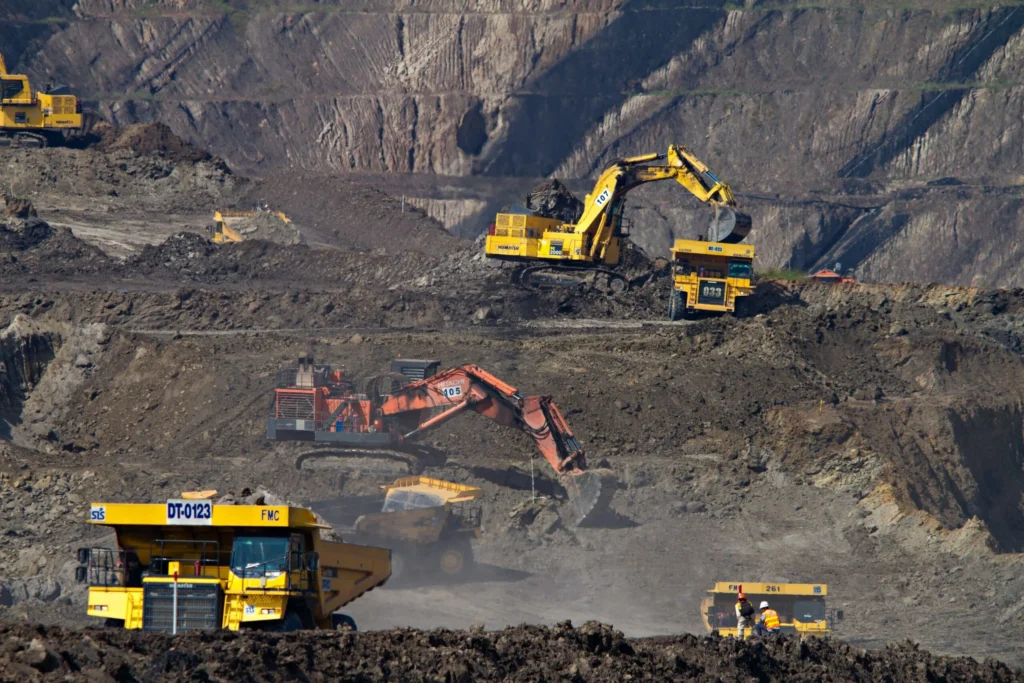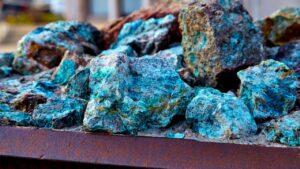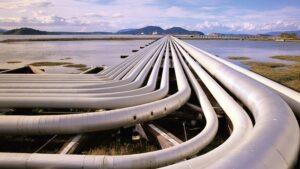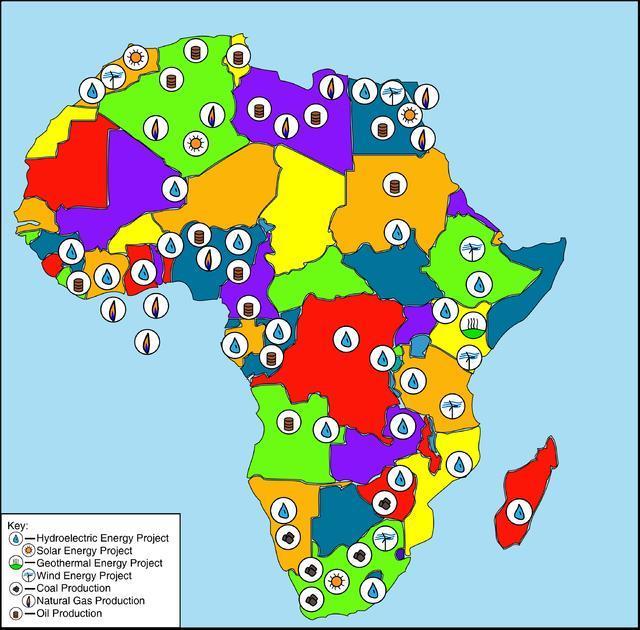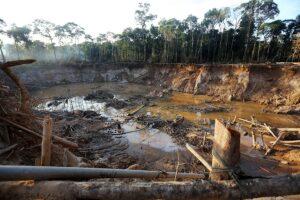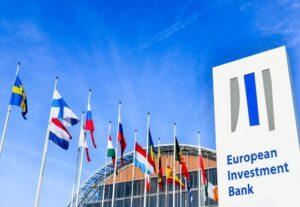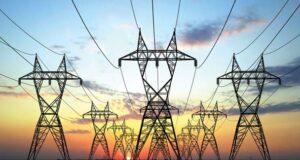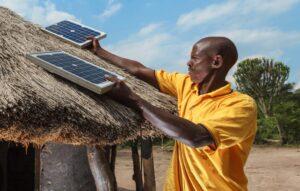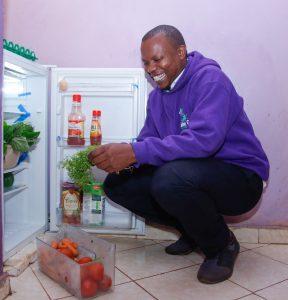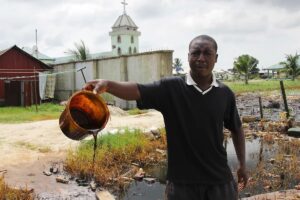- TLcom Capital Raises $154 million in Funding to Boost Its African Growth
- Africa’s $824Bn debt, resource-backed opaque loans slowing growth — AfDB
- LB Investment brings $1.2 trillion portfolio display to AIM Congress spotlight
- AmCham Summit kicks off, setting course for robust future of US-East Africa trade ties
- Why the UN is raising the red flag on the UK-Rwanda asylum treaty
- Portugal’s Galp Energia projects 10 billion barrels in Namibia’s new oil find
- Wärtsilä Energy offers tips on how Africa can navigate energy transition and grid reliability
- Powering Africa: Africa’s Path to Universal Electricity Access
Extractive and Energy
- South Africa has adopted a number of measures aimed at boosting the country’s critical mineral industry.
- In January 2023, mining production experienced its twelfth consecutive month-to-month decline, recording a decrease of 1.9 per cent.
- According to the Minister of Mineral Resources and Energy Gwede Mantashe, the industry needs to advance a commitment to working together as stakeholders on the reconstruction and recovery of the mining industry.
South Africa’s vast reserves of critical minerals present a huge opportunity for the country to accelerate economic growth and boost employment creation, while ensuring the energy transition is just and inclusive.
Statistics South Africa recently released its key findings for the fourth quarter of 2022, wherein the real Gross Domestic Product (GDP) decreased by 1.3 per cent. According to the report, the mining and quarrying industry decreased by 3.2 per cent and thus contributed -0.1 per cent to the GDP growth.
Key to
The rapid snowballing of Africa’s rare earths metal production is set to become the world’s alternative source in 2023 and beyond, as global demand surges and world powers seek to wean off their dependence on China amid a new geopolitical multipolar world order. Africa’s vast reserves of rare earth metals have come under the radar of world powers fueled by the devastation emanating from the climate change crisis and calls for a drastic reduction in the growth and operations of extractive industries.
Furthermore, the race to net-zero emissions compounded by increased climate-induced natural disasters has intensified the green energy transition, instigating another scramble for Africa’s resources rare earth metals are at the heart of the race to green energy as well as providing opportunities for massive economic growth by injecting much-needed revenues to finance core socio-economic objectives in the continent.
Rare earth elements (REEs) refers to a group of 17 …
Africa has been hailed as the next frontier in the provision of global oil and natural gas resources, especially now in the wake of the ongoing Russia-Ukraine war.
This crisis has not only altered the global energy landscape, but also instigated an inflation in gas prices, given the former’s position in the hierarchy of major global producers. As sanctions continue to soar, Europe has embarked on a quest to find contingency energy supplies, as it seeks to minimize its dependency on Russia; which has already cut off gas supplies to countries like Finland, Poland and Bulgaria, over energy payment disputes.
Consequently, Africa’s gas resources have gained a newly found prominence, pertinently by the European Union (EU); owing to the continent’s rich endowment of oil and deep gas reserves. The mounting global demand for gas, has been pushing international energy companies to reconsider African projects. The numerous ongoing and upcoming oil …
After slow production during the Covid-19 lock down, Zimbabwe’s gold sector has had a drastic come back reporting gold revenue is up almost 50 percent at least one of its major mines.
The total revenue recorded for the second quarter of 2020 clocked and impressive to USD23. 6 million, that is almost double (48 percent) the revenue brought in during the same period last year.
Having topped last year’s production by USD15. 9 million, Blanket Gold Mine that is based in the Gwanda region, increased production all through the first quarter this despite glitches caused by the Covid-19 pandemic.
The mine is owned by the Caledonia Mining Corporation and was proud to announce it had produced 14,233 ounces of gold in the second quarter up from the 11,948 produced during the same period last year.
The production level is very impressive given the fact that other miners could not access …
Uganda’s Umeme has secured a $70 million syndicated loan from the International Finance Corporation (IFC), Dutch Development Bank (FMO), Standard Chartered Bank and Stanbic bank.
From the loan $28 million was from IFC, $10 million from FMO, $16 million from Standard Chartered Bank and $16 million from Stanbic bank.
Umeme chairman, Mr Patrick Bitature said the loan would partly be used to undertake capital investments to get electricity from Uganda’s newest dams.
“The planned investments are aimed at expanding the network to uptake the new generation, improve reliability and create access,” he said.
Also Read: IFC $22M partnership with Investment Funds for Health in Africa
Mr Bitature said the loan would also be utilised to prioritise Umeme’s investments in five other areas such as upgrading its network, extending power to industrial parks, building the backbone for more electricity connections to be supplied, reducing energy losses and accelerate prepayment metering.…
The European Investment Bank (EIB) recently partnered with the Eastern and Southern African Trade and Development Bank (TDB) to open a $120 million credit line to finance renewable energy projects for small and medium-sized enterprises (SMEs).
The agreement was signed between the European Investment Bank (EIB) and the Trade and Development Bank of Eastern and Southern Africa (TDB), a commercial bank owned by the Member States of COMESA, the World Bank (AfDB) and China on the sidelines of the 9th Summit of Heads of State and Government of African, Caribbean and Pacific (ACP) Countries
The partnership agreement was signed by EIB Vice-President, Ambroise Fayolle and Admassu Tadesse, President and CEO of TDB. The agreement provides a line of credit to support small and medium-sized enterprises (SMEs) investing in renewable energy and energy efficiency.
Also Read: French Development Agency provides $30 million for African SMEs
Companies have the means to bypass …
Development Bank of Southern Africa (DBSA) gave $81.30 to Mozambique’s national energy utility, Electricidade De Mocambique (EDM) for the rehabilitation and upgrading of the energy supply network.
This financing support is in line with Mozambique’s 2030 plan to upgrade its power network for it to provide universal electricity access.
Electricidade De Mocambique has launched several projects focusing on strengthening the transmission grid and improving distribution capacity in the country.
Phase one is ready for implementation. It comprises of two out of twelve projects located at Pemba City and Maputo City at an estimated cost of $81.30 million.
Also Read: African Development Banks and ABSA sign Risk Participation Agreement
The DBSA loan facility will be advanced directly to EDM as a 15-year senior debt facility.
Banco Nacional de Investimento (BNI), Mozambique’s development bank served as the project’s evaluation partner and providing capital raising and advisory services.
Development Bank of Southern Africa …
Norfund has closed an investment agreement with the mini-grid company We Light. The aim is to build mini-grids in hundreds of villages in Madagascar, and thereby improve the rural population’s access to cheaper and more reliable electricity – at work and at home. We Light will also explore opportunities elsewhere in Africa.
To date, approximately 500 000 households have solar home systems in Madagascar. We Light’s hybrid plants, with solar, battery and diesel generators are very flexible and scalable. They can optimize electricity generation as best suited to the load pattern of the customers, and thereby be a reliable and cost-effective source of electricity for the village.
For the rural population, this means amongst others that kerosene lamps can be replaced with safe lamps with improved light. Mobile phones and computers can be charged whenever needed, and the public information will become easily available through internet, TV and radio.
The …
M-KOPA, the Kenyan pay-as-you-go solar company has this week completed the rollout in Kenya of its new fridges to all 65 its retail outlets. It is available as part of the company’s M-KOPA MK6500 system, with daily payments of only KSh 165.
This ground-breaking 100L fridge was developed specifically for Africa in partnership with Embraco Nidec, a global cooling brand and part of Nidec Global Appliance. It won the Unit Cost Affordability Prize in the 2019 Global Leap Awards for off-grid appliances.
The Younma-branded fridge features Embraco’s innovative DC compressor, which provides lower starting power and greater energy efficiency, compared to a traditional model. It was developed with support from Shell Foundation in partnership with UKAID and USAID.
M-KOPA Customer, Esther Mutua says “Before I got the fridge, I was selling one [drinks] crate per week, but now, because I have a fridge, I sell two or three more crates …





